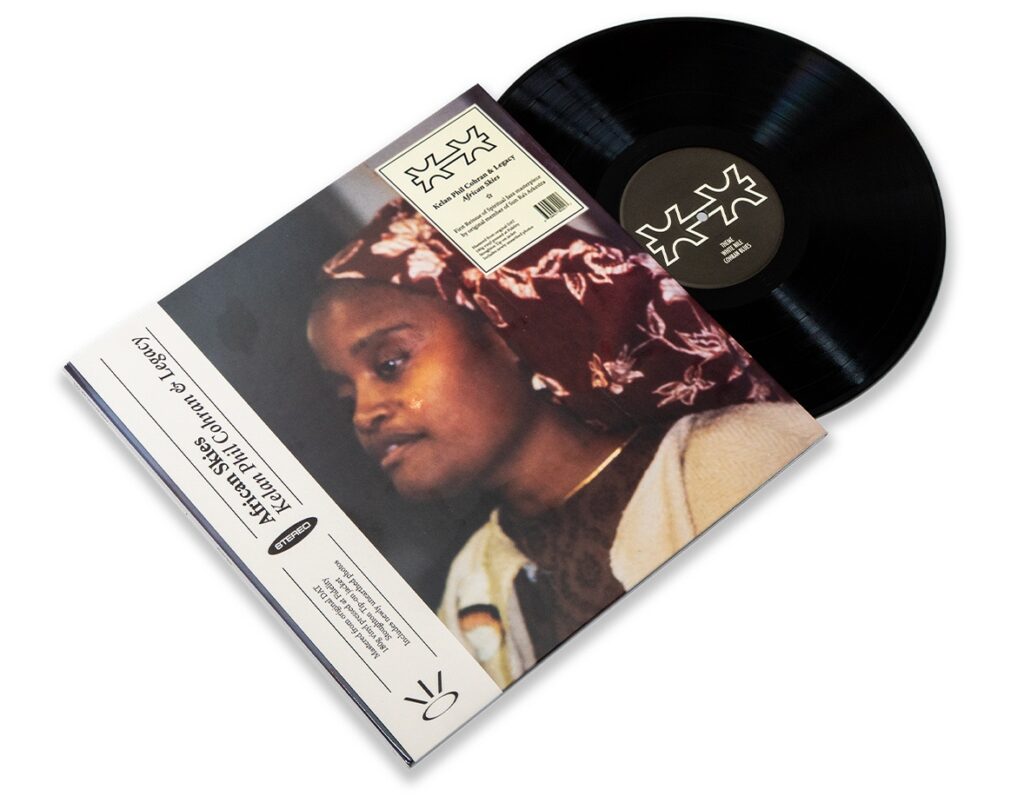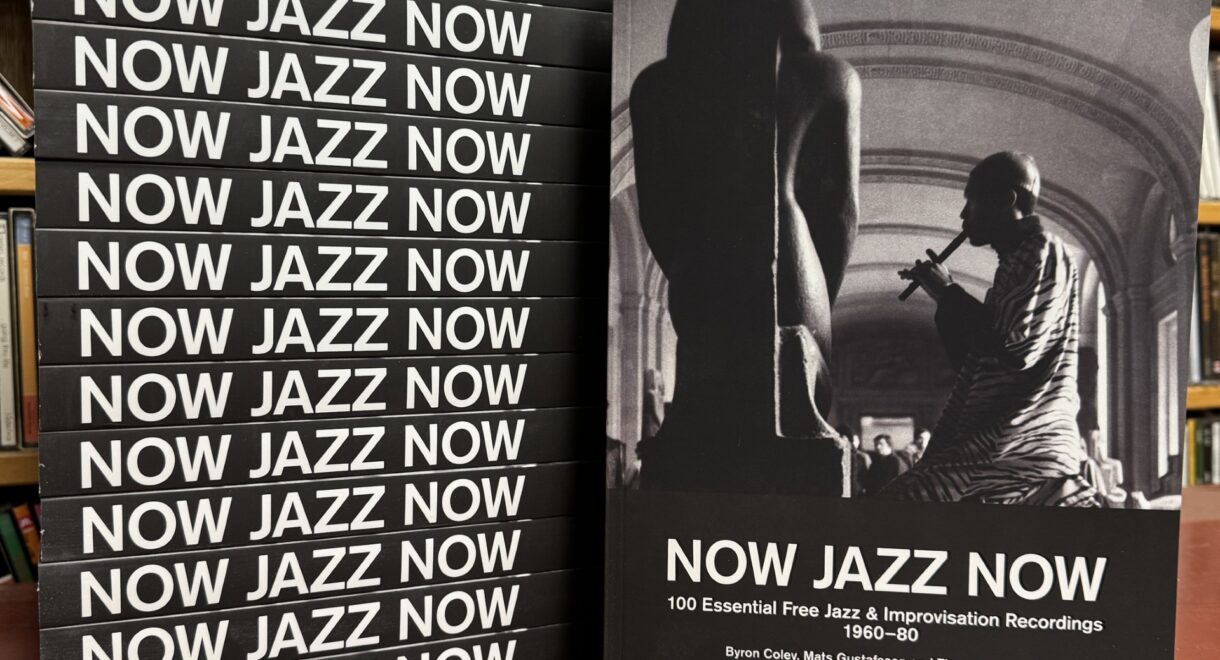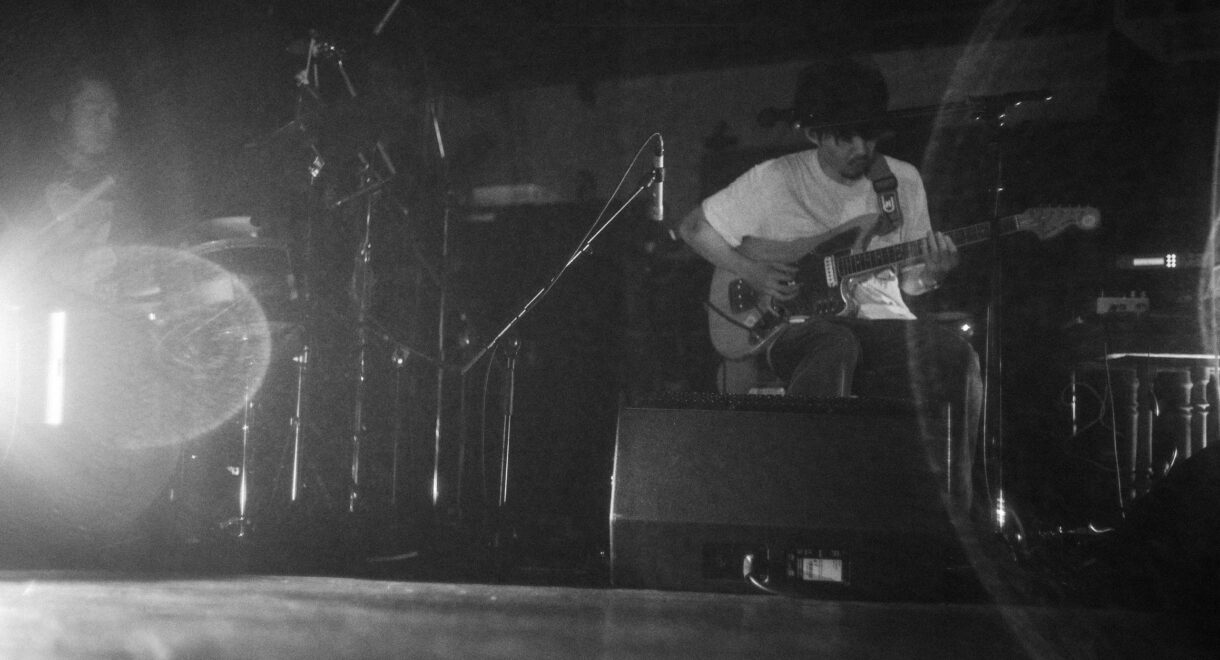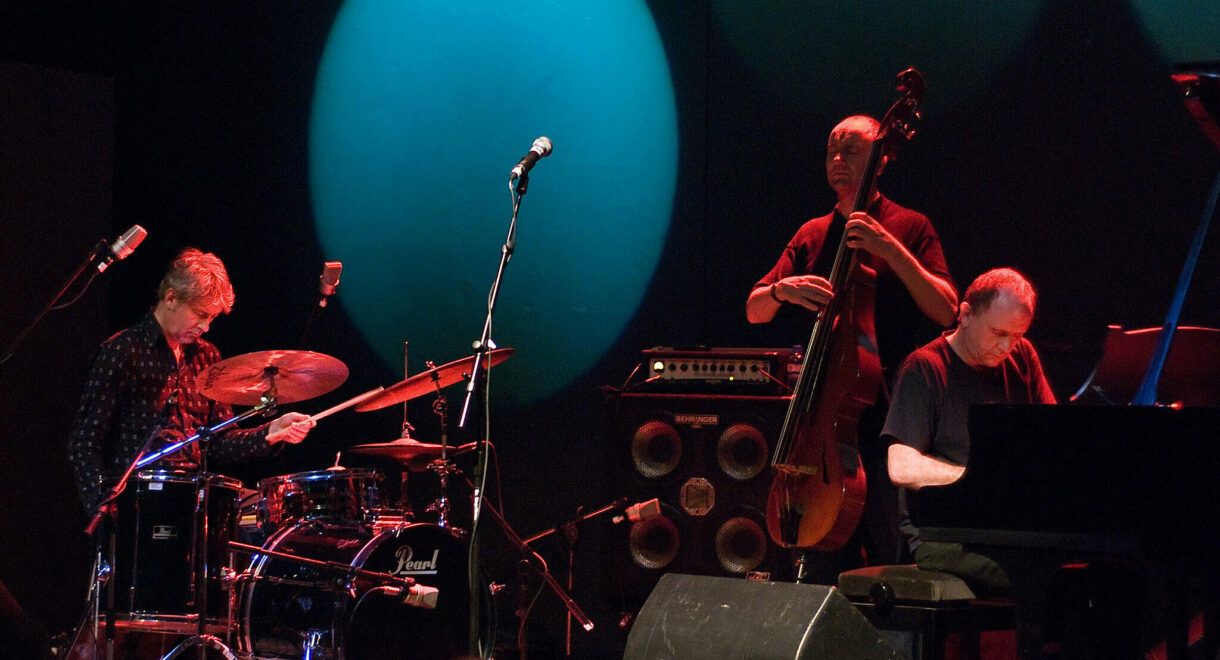A conversation about her listening habits and life with music ahead of the January 24th performance at the Wallis in Beverly Hills. Arooj Aftab is a Pakistani American […]
Inside the Return of ‘African Skies,’ Kelan Phil Cohran’s Celestial Jazz Masterpiece

Originally commissioned by Chicago’s Adler Planetarium, Cohran’s 1993 record returns via Stones Throw’s new imprint Listening Position.
In 1993, when Chicago’s Adler Planetarium asked Kelan Phil Cohran to score a program called African Skies, they tapped a mind that moved comfortably between galaxies and neighborhoods, between ancestral rhythm and modern invention. Cohran had once sat inside Sun Ra’s Arkestra, studying the cosmos through a brass bell. By the time the Adler commissioned him, he had become a guiding presence on the South Side, shaping young musicians, building instruments, and teaching that the universe sings if you listen closely enough. “Music is the language of life,” he once said. “It is how everything communicates.” If you hit play on “White Nile” below as you’re reading this, Cohran and Legacy will further illuminate their point.
Pre-order the album now from our webshop!
African Skies emerged from such universality. The program paired sweeping astronomical footage from observatories across Africa with Cohran’s music, a suite that feels devotional and curious at once. He scored it with a rare ensemble: two double basses, two harps, percussion, violin and saxophone lines that arc like constellations, voice, and the Frankiphone, his electrified kalimba, whose percussive plucks create labyrinthine circular melodies.
The mood can feel ceremonial, almost weightless, but rooted in mortal pulse and breath. “From studying musicology and then eventually going in and dealing with astronomy and archaeo-astronomy and seeing the true vision of history,” Cohran said of his education, “it was like discovering a gold mine in the garbage can.” That revelation animates African Skies.
Cohran dedicated the work to Sun Ra, who died just weeks after the recording, a quiet offering from one celestial traveler to another. “Sun Ra taught me the one thing that really made a difference in my life,” he said years later, “and that is: Whatever you want to do, do it all the time.” African Skies carries that mantra.
It arrives through the mesmerizing, percussive “Kilimanjaro,” where Cohran’s Frankiphone tangles with harp in a lattice of light and rhythm, each tone flickering like a coded signal. The piece moves with ritual grace, its pulse steady but entranced. Then “The Dogon” unfurls — frantic, spiraling Frankiphone phrases darting through tense percussion and rippling strings. It feels like the fevered climax of an arthouse action film, all propulsion and purpose. And if “White Nile” doesn’t speak your language at first, listen again. And again. In time its contours will reveal their meaning, and you’ll find yourself carried in its current.
For decades African Skies was celebrated by collectors who knew what they held, mentioned in the same breath as Cohran’s earlier holy grails On the Beach and The Malcolm X Memorial. His legacy stretched beyond vinyl. Eight of his sons grew up in his Southside living-room conservatory and formed Hypnotic Brass Ensemble, blasting his discipline and vision into a new century. They carry his phrasing and his insistence that music serves community first.

African Skies will soon descend back into the world. Stones Throw has launched a new imprint called Listening Position with a reissue sourced from the original DAT and mastered for clarity, presence, and vibration. Jake Viator, who runs the imprint, lost thousands of records in the Eaton Fire, including original Cohran LPs. That loss pushed him toward preservation rather than possession. He talks about liberating music from basements and storage closets and making it available in the highest available fidelity. “I didn’t understand Coltrane until I heard him on a system larger than me, in Mono,” he says in release notes. “I want to remove the obstacles between people and their sound systems by producing the best-sounding records possible.”
Pressed on heavy vinyl and housed in a Stoughton gatefold with restored artwork and the Adler’s original program notes, the reissue is available on LP and CD and arrives Friday on the major streaming services. The source DATs were restored by brilliant sound engineer Michael Graves and plated by Gary Salstrom at Paramount Pressing, ensuring that every shimmer and breath of Cohran’s ensemble resounds. Longtime seekers finally get the edition they’d hoped for. New listeners meet a visionary in complete command of his language. The universe, once again, expands a little more.










